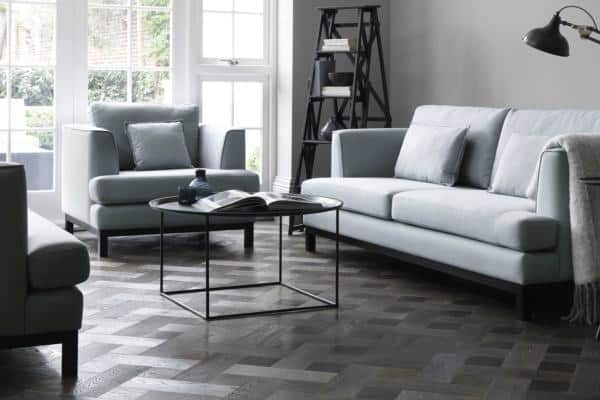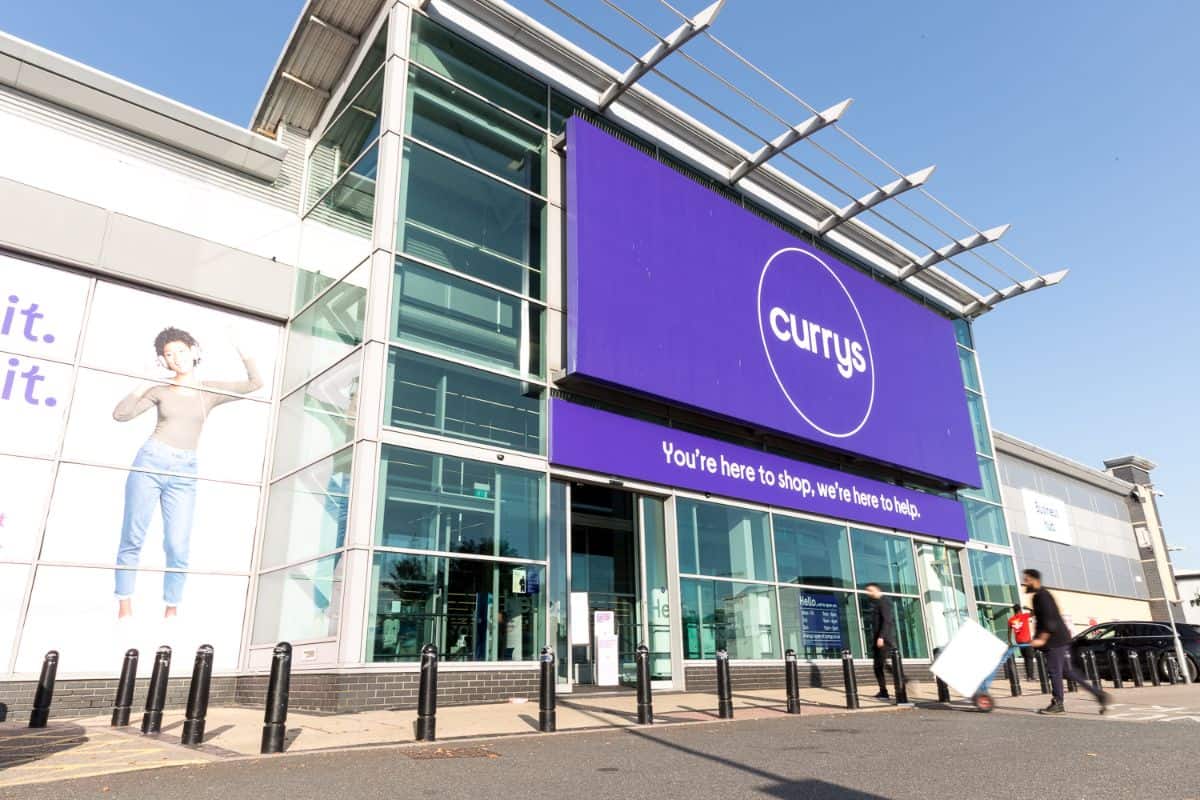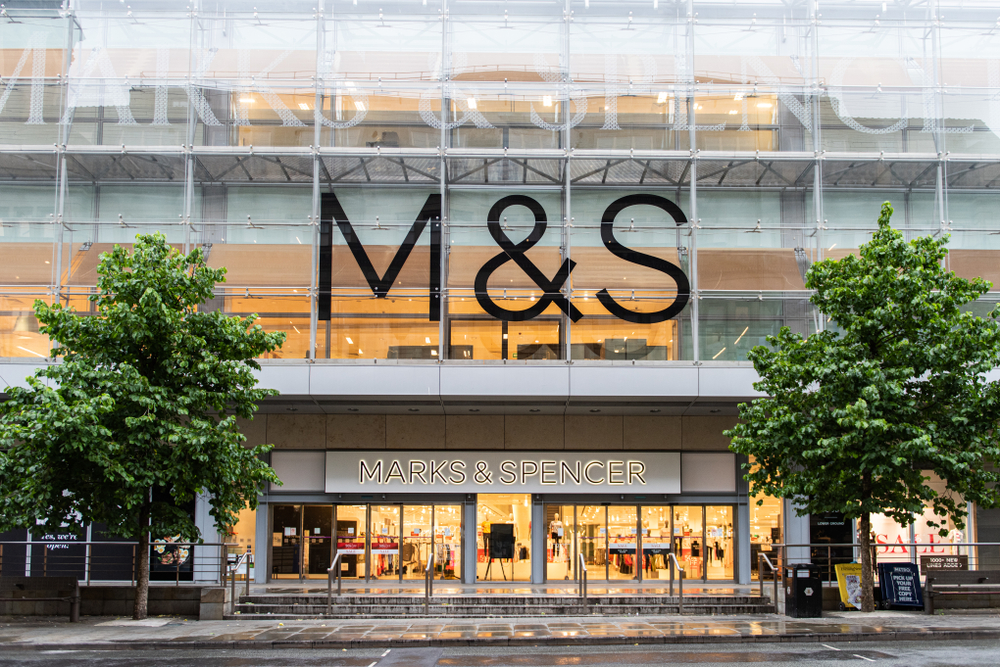DFS group online sales grew by 66% in the first half of its financial year – despite Covid-19 lockdowns that meant many of its showrooms were closed in November. A quarter (25.4%) of its sales came through digital during the period, and overall sales grew by 17.3%.
DFS says a growing proportion of its customers now choose to buy its sofas entirely online, although “the vast majority” still continue to test the comfort of sofas in showrooms. For 85% of its customers, sofa buying starts with online research – and DFS says combining digital and physical retail is “the right long-term approach to address consumers within the sofa market”.
In order to achieve that it has invested in online, raising brand awareness and investing in digital marketing targeting capabilities that identify customers as they move into the market. DFS, it says, is the most searched for term in the sofa sector – ahead of “sofa” and “sofas” combined.
One significant barrier to online conversion, it says, is customers’ ability to visualise sofas in their own homes, and it has developed “the world’s largest set of augmented reality sofa images” – 12,500 3D images that allow customers to see how a sofa would look in any room in their home.
The use of visual search enables customers to use a photograph of a sofa they like to find a similar one in the DFS range.
Customers can also use video communications to talk to showroom staff from their own home – or make an appointment for a showroom visit. The retailer says that as the customer journey becomes more integrated it has adjusted its sales incentive model for showroom staff. It says that a channel agnostic approach to customer engagement works because of the cost of serving shoppers online is lower than in its showrooms and uses the same fulfilment infrastructure.
The sofa retailer, whose DFS brand is ranked Top500 in RXUK Top500 research, today reported revenue of £572.6m in the 26 weeks to December 29, 17.3% up on the same time last year. Revenue excluding the Sofa Workshop brand, which it has now sold, came in at £567.5m, 18.7% up on last time. More than a quarter (25.7%) of its sales were via digital channels after online sales grew by 66.2% on a year earlier. At the same time last year, 18.4% of its sales were digital. Currently, its order bank is £65m higher than it was at the same time last year, thanks to Christmas sales being £200m higher than a year earlier. The group says its market share has grown by 2% during the period – and it hopes to grow that share once showrooms reopen, currently expected in April.
Pre-tax profits of £72.1m were 56.2% higher than a year earlier and the retail group expects full-year pre-tax profits to come in at about £105m, as long as showrooms reopen by April 12.
The retail group says it has benefited from its scale – it says it is now more than three times the size of its nearest competitor, having gone into the pandemic with a 34% share of the upholstery section of the £1.2bn living room furniture market. That helps it to economies of scale in areas from buying raw materials to logistics, advertising, and also means it is better placed to invest than its competitors in technology. It has also traded strongly thanks to a strong homewares market during the pandemic and is now starting to expand into bedrooms – the largest section of the homewares market. The retailer says DFS bed sales grew by 159% after Christmas.
Tim Stacey, DFS group chief executive, says: “Our business has proven to be resilient throughout the period despite showroom closures and a significant amount of external disruption in our supply chains. The investments we’ve made in our digital channels have generated exceptional revenue growth. Consequently our order bank remains well above normal levels and, subject to showrooms opening by April 12 2020, our central planning scenario is for an expected full year profit before tax outcome of approximately 3105m, with further benefits to be realised in next year’s financial results.
“We’re committed to our strategy to lead sofa retailing in the digital age with our proven integrated retail model. We expect to see a good deal of activity in the home market as Covid-19 restrictions ease and, having accelerated the execution of our strategy and grown our market share, we are well set for future growth.”
Looking ahead
The retail group, whose brands include DFS, Dwell and Sofology, is currently rolling out its own logistics business, the Sofa Delivery Company, which is expected to deliver a seven day, extended hours delivery model by the end of its current financial year.
It is also considering investing further in manufacturing through a manufacturing review that offers a rethink of how its sofas are made as the complexities of global supply chains for upholstery become clearer as a result of both Covid-19 and Brexit. Currently, it makes about 20% of its sofas at five UK sites that employ about 950 people, and a further 20% through UK-based partners. But around 60% are imported, half from the Far East.
Its sustainability programme includes a Sofa Rescue recycling programme, and it has signed up to the BRC Climate Action Roadmap targets. It says that new Sofology showrooms are 100% peered by renewable energy, and it has launched its first eco sofa, which is free of foam, is made of sustainably sourced timber and recycled yarn and features fully recyclable springs. . Its ambition is for a medium term £40m pre-tax profit, as it focuses on its DFS core brand, on building the platforms for growth and finding new growth.
The retailer is growing its store estate strategically and expects to add up to 10 new Sofology showrooms in its current financial year as it targets between 65 and 70 outlets in the medium term. There are currently 46 branches of Sofology. It has combined its Dwell and DFS brands into one segment of its business, colocating many stores. Dwell has three standalone UK stores, and 35 within branches of DFS. DFS has 118 UK branches, and eight in Spain and the Netherlands.
DFS says it had prepared thoroughly for Brexit, and that it has seen very limited disruption to date and believes it is “well placed in its key markets following the UK’s departure from the EU”.









